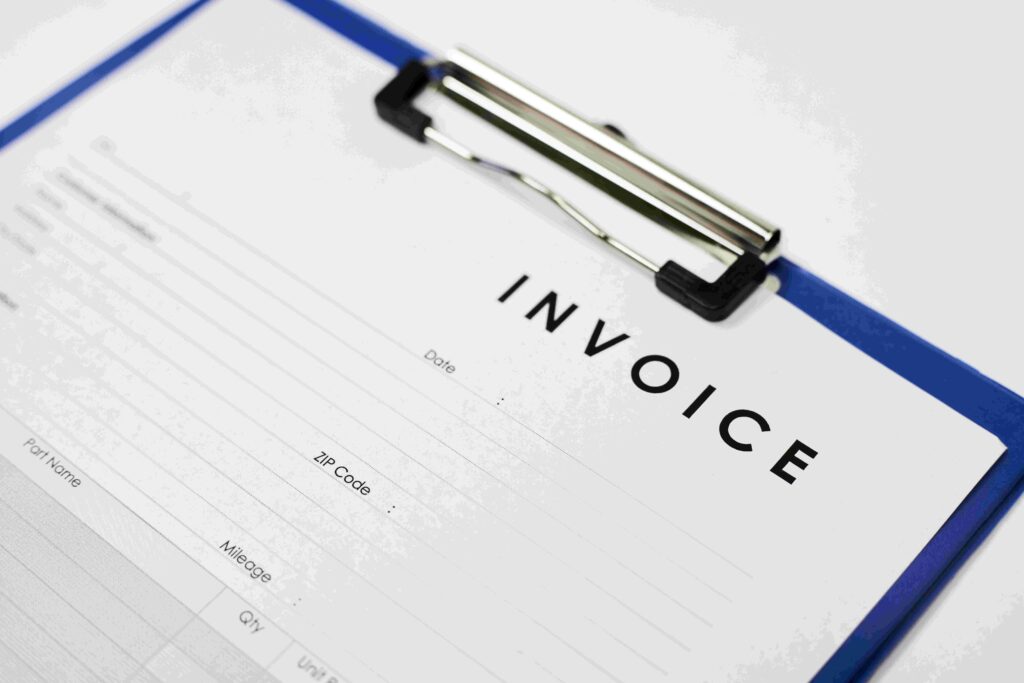Asset Finance
Supporting the purchase and refinance of hard and soft assets
Asset Finance
Asset finance is a financial solution designed to help businesses acquire essential assets such as equipment, vehicles, and machinery. This form of financing is particularly beneficial for small and medium-sized enterprises (SMEs) that require these assets for their operations but may not have the capital to purchase them outright. Through options like leasing or hire purchase agreements, asset finance allows businesses to spread the cost over time, making it more manageable. This can be especially useful for companies looking to upgrade or expand their equipment, maintain cash flow, or invest in growth without the heavy upfront cost of purchasing assets directly. Asset finance thus offers a flexible way for businesses to access the tools they need, when they need them, while also managing their finances effectively.
YOUR PROJECT, OUR MISSION
Supporting UK businesses with access to Finance That Fits

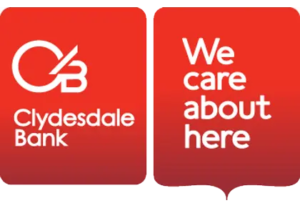




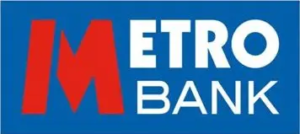





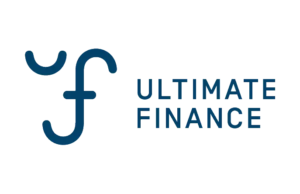

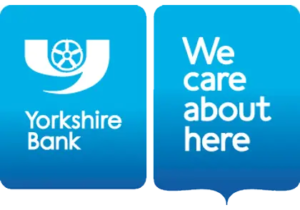
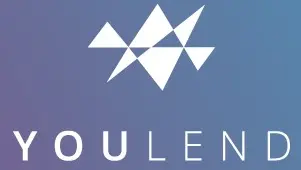
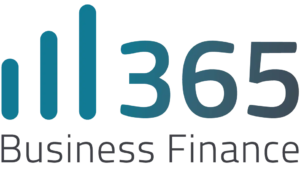
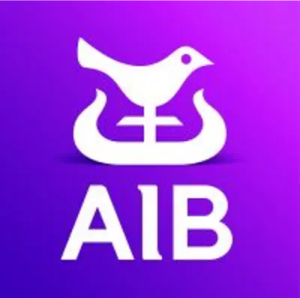





Who & what is Asset Finance for
Asset finance is particularly beneficial for businesses that rely heavily on machinery, vehicles, or technology, and where keeping these assets up-to-date is crucial for maintaining competitive advantage. This financial solution is most suitable for industries where technology evolves rapidly or where equipment efficiency is key to business operations.
Manufacturing and Engineering: In sectors like manufacturing and engineering, where cutting-edge machinery can significantly enhance productivity and quality, asset finance allows businesses to acquire or upgrade to the latest equipment without the full upfront cost.
Transport and Logistics: Companies in transport and logistics can benefit from asset finance to maintain a modern fleet of vehicles. This ensures not only compliance with evolving environmental regulations but also improves operational efficiency.
Healthcare and Technology: In healthcare, where technological advancements are constant, asset finance enables the procurement of the latest medical equipment. Similarly, in the tech industry, it ensures access to the newest hardware and software, crucial for staying competitive.
Construction and Agriculture: For construction and agricultural businesses, where heavy machinery like tractors and excavators are essential, asset finance can facilitate the acquisition of these high-cost items, allowing for more efficient and productive operations.
Asset finance is most useful when a business seeks to expand, upgrade its equipment, or needs to replace outdated machinery. It’s also beneficial when preserving working capital is important, as it allows for the spreading out of payments over time, easing the strain on a company’s cash flow.

Types of Asset Finance
Asset finance encompasses several types, each tailored to different business needs and circumstances. Here’s an overview of the key types:
Hire Purchase: This allows a business to buy an asset in installments. The company uses the asset while paying for it and eventually owns it outright at the end of the payment term. It’s ideal for assets that businesses intend to keep long-term.
Finance Lease: Under a finance lease, the lender buys the asset and rents it to the business for an agreed period. Payments are spread over the lease term, and the business can use the asset while making payments. At the end of the lease, the business can either return the asset, extend the lease, or sell the asset on behalf of the finance company.
Operating Lease: Similar to a finance lease but typically used for assets that depreciate quickly or are only needed for a short period. The business rents the asset for a fraction of its life, and at the end of the lease term, it returns the asset to the lender.
Asset Refinance: This involves using assets a business already owns to raise capital. The lender provides funds based on the value of the asset, which the business then repays over time. This option is useful for businesses needing a cash injection.
Contract Hire: Commonly used for vehicles, contract hire involves renting an asset for a fixed period at a fixed monthly cost, often including maintenance. It’s beneficial for businesses that want to avoid the depreciation and selling process of the asset.
Asset-Based Lending: This broader category includes lending against the value of a range of assets such as inventory, accounts receivable, and equipment. It’s a flexible solution, particularly for businesses with significant amounts tied up in these types of assets.
Each type of asset finance offers unique benefits and considerations, making it essential for businesses to evaluate their needs, the nature of the assets required, and their financial situation to choose the most suitable option.
The Cost
When comparing asset finance to other types of financial products, its pricing structure often differs in several key aspects:
Interest Rates and Fees: Asset finance typically involves interest rates and fees that may vary based on the type of finance, the asset’s value, and the business’s creditworthiness. While rates may be competitive, they are often higher than traditional bank loans due to the higher risk associated with lending against assets. However, they can be more favorable than unsecured lending options like overdrafts or credit cards.
Structure of Payments: Asset finance payments are usually structured as regular monthly installments, which can include interest and principal. The structure is designed to align with the business’s cash flow, making it easier to manage financially.
Deposit and Residual Values: Some forms of asset finance, like leasing, may require an initial deposit or have a residual value at the end of the term. This affects the overall cost, as a higher residual value can lower monthly payments.
Total Cost of Ownership: When considering hire purchase, the total cost of ownership might be higher than outright purchase due to added interest, but it offers the advantage of spreading the cost. In contrast, leasing options may seem less expensive in the short term but do not result in asset ownership.
Flexibility and Customization: Asset finance often provides more flexibility in terms of contract length and repayment schedules compared to fixed-term bank loans, which can influence the overall cost-effectiveness for a business.
Additional Costs: There might be additional costs for services like maintenance and insurance, especially in leasing agreements, which should be considered when comparing overall costs.
It’s important for businesses to carefully consider their own financial situation and consult with a financial advisor to understand the total cost implications of asset finance compared to other financing options. This analysis should include not just the interest rates and fees, but also the impact on cash flow, tax implications, and the strategic value of the asset to the business.

Application process
Asset Finance via Fit To Lend delivers a boost in capital to your business, enabling the acquisition of assets without endangering your cash flow. At Fit To Lend, we equip SMEs with access to the widest array of business financing available, encompassing numerous Asset Finance alternatives.
Our aim is to pair you with the ideal Asset Finance solutions that meet your unique requirements. We assist in navigating the application process, ensuring you receive the most favourable terms. Whether it’s seeking asset-backed finance for smoother cash flow or opting for a lease to acquire equipment for your expanding company, begin your financing path with Fit To Lend today.

Further information
Asset Finance is the descriptive term we use for this type of finance solution. Although the specific product we ultimately recommend might have a similar or even the same name, in the commercial finance sector, it’s typical for different lenders to use different names for comparable products. Therefore, when reviewing this information material, the emphasis should be on the described characteristics, rather than the specific product name. It’s also worth noting that the product we ultimately recommend won’t necessarily align with all of the characteristics discussed within this information material, as our aim is to review all of your requirements and then present options that provide the best overall balanced solution.
working with lenders, for borrowers
Supporting business with access to Finance That Fits
Other Finance Solutions
questions
&
Answers
Yes, we charge a transparent and fair fee of 0.5% that's typically payable at the end when the loan completes, and in our opinion borrowers should be extra cautious if a broker ever offers to work without charging fee. In these circumstances the broker's income may be based solely on commissions paid by lenders, and commissions vary significantly between different lenders, so the borrower needs to be confident that the broker is not inappropriately influenced by lender commissions. It is critically important that the broker has the borrowers best interests front & centre when presenting choices and making recommendations. Our fee is modest, and if you take a look at what it represents as a portion of borrowing costs over the loan term, you'll see why we're confident it will be far outweighed by the savings we achieve for borrowers and the value of the close support and guidance we provide.
Click here to find out more.
Asset Finance is a funding solution use to support the purchase of business assets, and it can be used to refinance some assets already owned. Almost any tangible asset can be financed, including machinery, vehicles, and IT equipment.
Asset Finance is the descriptive term we use for this type of finance solution. Although the specific product we ultimately recommend might have a similar or even the same name, in the commercial finance sector, it's typical for different lenders to use different names for comparable products. Therefore, when reviewing this information material, the emphasis should be on the described characteristics, rather than the specific product name. It's also worth noting that the product we ultimately recommend won't necessarily align with all of the characteristics discussed within this information material, as our aim is to review all of your requirements and then present options that provide the best overall balanced solution.
make
an
enquiry





News, Views And Finance Clues

- February 24, 2024
- 11:39 am

- February 23, 2024
- 4:55 pm

- February 23, 2024
- 3:27 pm

- February 23, 2024
- 10:42 am

- February 22, 2024
- 12:36 pm

- February 21, 2024
- 10:30 am
working with lenders, for borrowers
Supporting business with access to Finance That Fits
Other Commercial Finance Solutions
More News, Views And Finance Clues

- February 24, 2024
- 11:39 am

- February 23, 2024
- 4:55 pm

- February 23, 2024
- 3:27 pm

- February 23, 2024
- 10:42 am

- February 22, 2024
- 12:36 pm

- February 21, 2024
- 10:30 am
EXPERT EVALUATION, EFFECTIVE EXECUTION
Supporting UK businesses with access to Finance That Fits




































